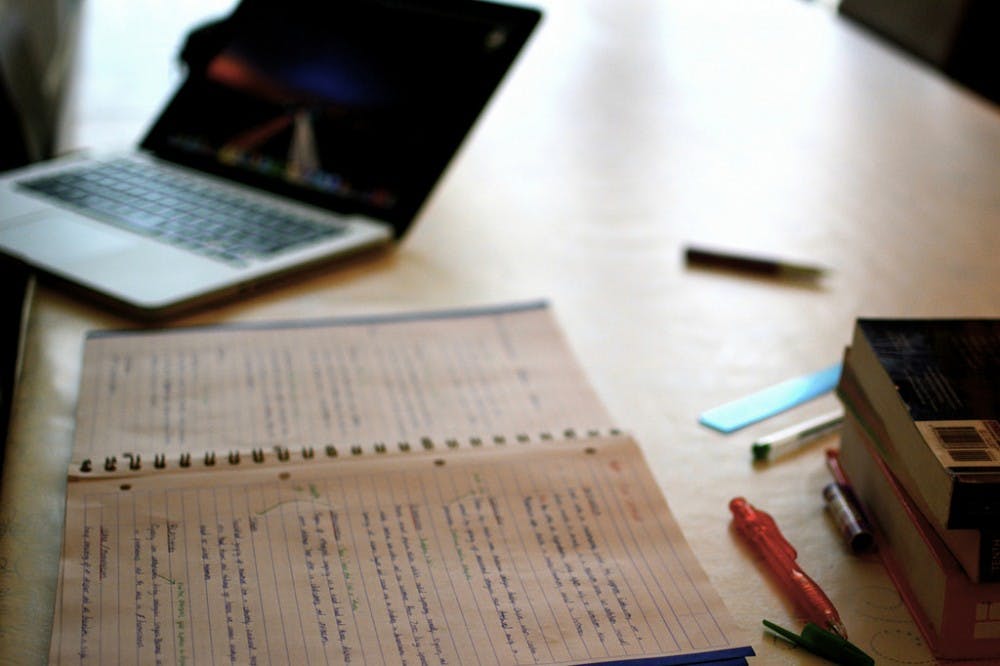During this midterm season, let us remember that grades are, of course, important, but if you must choose between your wellness or achieving high marks, choose your wellness every time. In light of a recent report of a student passing out in the dining hall due to stress and being required to go to Princeton Medical Center at Plainsboro, it’s time to say enough is enough; it is only a matter of time before something more drastic happens on campus due to academic stress. I know, I know, I am only a freshman, and I’ve only been on campus for four months (I did Freshman Scholars Institute, which started in July), but even in those four months, I can see that the University is an incredibly high-stress environment, and students all too often choose their academics over their well-being.
Yes, hard work is essential to academic success at the University. Yes, grades are very important for things like internships, graduate school, jobs, etc. Yes, in order to achieve your goals, some sacrifice and patience is necessary. However, you should not be sacrificing your health or wellness for an assignment. This is not to say that students need to manage their time more effectively (we all are at least trying our best to do so) or that the University needs to give less work (what would be the point of coming here if you didn’t want to be challenged). Yet, once you are at a point where you are physically, emotionally, and/or spiritually exhausted from academics, you should put the work down and take a break.
Of course, I’m not suggesting that you take a five hour-long break in the middle of a problem set that is due the next day to binge-watch Netflix. But for every hour of academic work, take a minimum five-minute (I would say 10 but let’s start small) break and do nothing related to academics. Play a game on your phone, Snapchat your friends, post a video on Instagram, make some music — whatever you want. Taking a break is not procrastination, it’s self-care.
Let’s say you get eight hours of sleep one night (I know that’s basically impossible here, but it’s a hypothetical). That leaves you with 16 hours of waking time in a day. Now, let’s presume that between classes, homework, studying, and a cappella group — or football practice or whatever extracurricular you do outside of the classroom — you are working for 15 of those hours. This isn’t far-fetched because if you have four one-hour classes, three hours of extracurriculars, a three-hour problem set, two hours of essay writing, three hours of midterm preparation, and for argument’s sake, let’s say you “eat while you work,” that takes 15 hours. And let’s be honest, this isn’t too far off from many people’s schedule here at the University, which is frightening.
Working for 15 hours a day without a break is just ridiculous and unhealthy. It’s also counterproductive. Breaks have been known to help consolidate and retain information. When inundated with so much information like we are at the University, it helps to sometimes take a step back and have time for reflection and relaxation.
Therefore, you need breaks; you need time to do nothing. Please do not get so caught up in getting an A that you overwork yourself to death. And please take care of yourself. I am only a freshman and I am scared at how much stress Princetonians endure and how they go about handling it. No one should feel that simply getting a good grade on a test they won’t remember in two weeks is more important than taking care of oneself. At this point, there are only two options: Take a break or fail.
Elijah Benson is a first-year from Newark, N.J. He can be reached at ebenson@princeton.edu.








